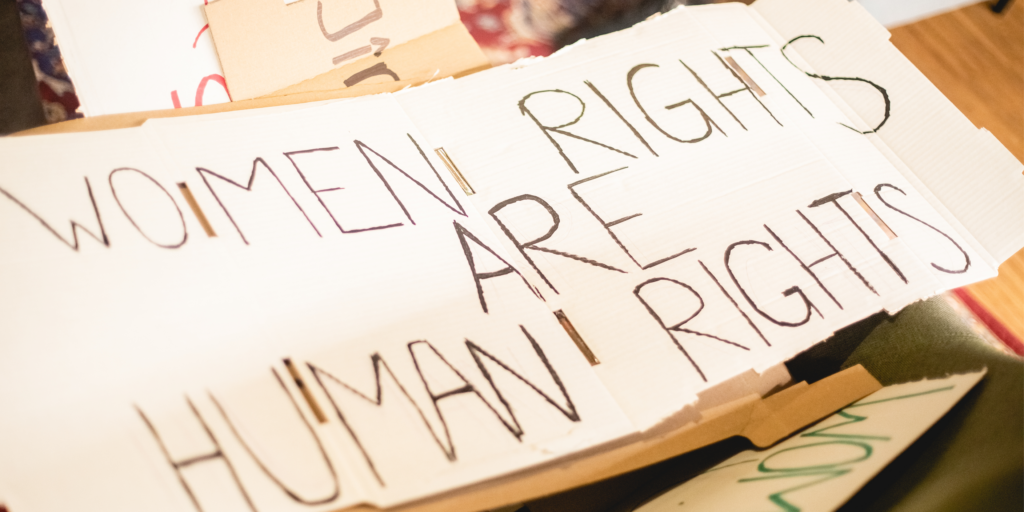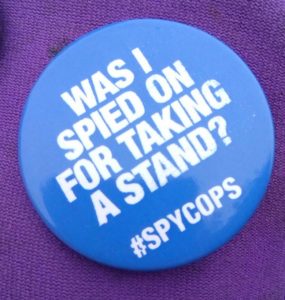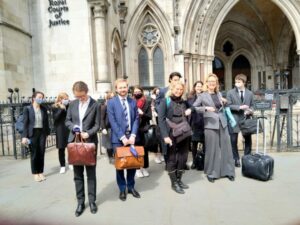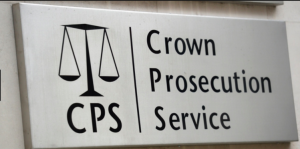
Those of us fighting for justice against these abuses of our human rights are still facing battles with the police and other state bodies. These battles, for which we request your support, include:-
- Civil Claims
- Human Rights Act (HRA) claims
- Criminal Prosecutions
- Data Protection Act (DPA) complaint
CIVIL CLAIMS
A civil claim is a chance for the victims of the spycops to feel there is some form of accountability taken by either Met Police Service (MPS) or other constabularies for the years of psychological damage inflicted upon them. Recent civil claims brought against The Commissioner of Police for the Metropolis have been settled out of court. These include claims brought by Monica, Sara, Ellie, Jessica, Lindsey, Bea, Jenny, Lizzie and Madeleine. Maya’s case is ongoing.
- Officers involved: Carlo Soracchi, Jim Boyling, James ‘Straven’ Thomson, Mike Chitty, Andy Coles, Vince Harvey, Bobby ‘Antony’ Lewis, Rob ‘Harrison’ Hastings.
- Legal claims: Common Law Claims for assault, misfeasance in public office, negligence, assault and deceit
- Solicitors for the cases: Sarah McSherry at Birnberg Peirce, Jules Carey at Bindmans, Cormac McDonough at Hodge Jones Allen.
 It has been expected that the number of women bringing claims would likely increase during the evidential hearing stages of the UCPI as more information about these clandestine operations is revealed. Due to anonymity orders over the names of so many undercover officers, however, it is extremely difficult for women to learn if they are eligible to bring a claim.
It has been expected that the number of women bringing claims would likely increase during the evidential hearing stages of the UCPI as more information about these clandestine operations is revealed. Due to anonymity orders over the names of so many undercover officers, however, it is extremely difficult for women to learn if they are eligible to bring a claim.
Civil cases offer redress to the women and help to hold the police forces to account. Understanding what happened is a crucial part of reparation and, in addition to compensation, we seek disclosure from the police through these claims.
Disturbingly, police tactics in response to the legal claims often compound the original trauma. The MPS attempted to defend proceedings by neither confirming nor denying the existence of officers and has steadfastly refused to provide disclosure of evidence, denying the women the opportunity to understand what happened to them and why. Victims have also been required to undertake humiliating and invasive interviews with psychiatrists appointed by the police to assess the damage done to them. PSOOL adopts a holistic approach and attempts to mitigate the impact of these responses, offering practical and emotional support throughout the litigation process. More information about the legal framework of these civil claims can be found here.
HUMAN RIGHTS ACT (HRA) CLAIMS
In the UK, claims under the Human Rights Act (HRA) which relate to unlawful surveillance by public bodies are heard in the Investigatory Powers Tribunal (IPT). This article by Bernard Keenan gives a helpful summary of what the IPT does and why it’s important.
 Kate Wilson, one of the first eight women to bring a civil claim, was able to pursue a claim in the IPT for breach of her Article 3, 8, 10, 11 and 14 rights under the Convention. The importance of this case, and the severity of the abuse, is indicated by the fact that was the first time that the IPT has heard an Article 3 claim.
Kate Wilson, one of the first eight women to bring a civil claim, was able to pursue a claim in the IPT for breach of her Article 3, 8, 10, 11 and 14 rights under the Convention. The importance of this case, and the severity of the abuse, is indicated by the fact that was the first time that the IPT has heard an Article 3 claim.
In September 2021, the Investigatory Powers Tribunal handed down its ruling in Kate’s ten-year legal battle. The detailed, ground-breaking, 156-page ruling identified a “formidable list” of breaches of fundamental human rights by the Metropolitan Police without lawful justification in a democratic society.
A more detailed account of Kate’s case and her victory in the IPT is here.
Two other women affected by deceitful intimate relationships (after 2000 when the HRA came into effect in the UK) with undercover police have also lodged claims in the IPT. There is currently no timeframe available for when these cases will be heard.
CRIMINAL PROSECUTIONS
 PSOOL supported Monica who was deceived into an intimate relationship by an undercover officer, to bring a judicial review challenging the lawfulness of the Crown Prosecution Service’s (CPS) decision not to prosecute him under the Sexual Offences Act 1956, or for the offences of procurement or misconduct in public office.
PSOOL supported Monica who was deceived into an intimate relationship by an undercover officer, to bring a judicial review challenging the lawfulness of the Crown Prosecution Service’s (CPS) decision not to prosecute him under the Sexual Offences Act 1956, or for the offences of procurement or misconduct in public office.
This case has a significant wider public interest as it was testing the law on the circumstances where consent is vitiated by deceit which is currently in flux and changing to adapt to new circumstances in which intimate relationships can take place.
Monica’s judicial review was unsuccessful. Working with her legal team, they are considering next steps and the other options available, including bringing private prosecutions of the undercover officers who perpetrated sexual assaults.
DATA PROTECTION ACT (DPA) COMPLAINT
Subject to limited exemptions, individuals are entitled to access personal data held on them by public institutions under the DPA. However, citing exemptions under the Act, the police have refused to provide any meaningful disclosure in response to DPA requests made by women deceived into relationships with undercover officers. These responses are almost certainly unlawful.
Apart from the limited disclosure in Kate Wilson’s IPT claim and that from the Public Inquiry into Undercover Policing Tranches 1, 2 and 3 (Phase 1), many affected women have not received any satisfactory explanation about why these officers were in their lives or what information was gathered on them.
In order to heal, affected women need answers about their own relationships. Some women are therefore exploring a super complaint to the Information Commissioner’s Office. If you are able to help us to fund the legal support needed, please donate here.

